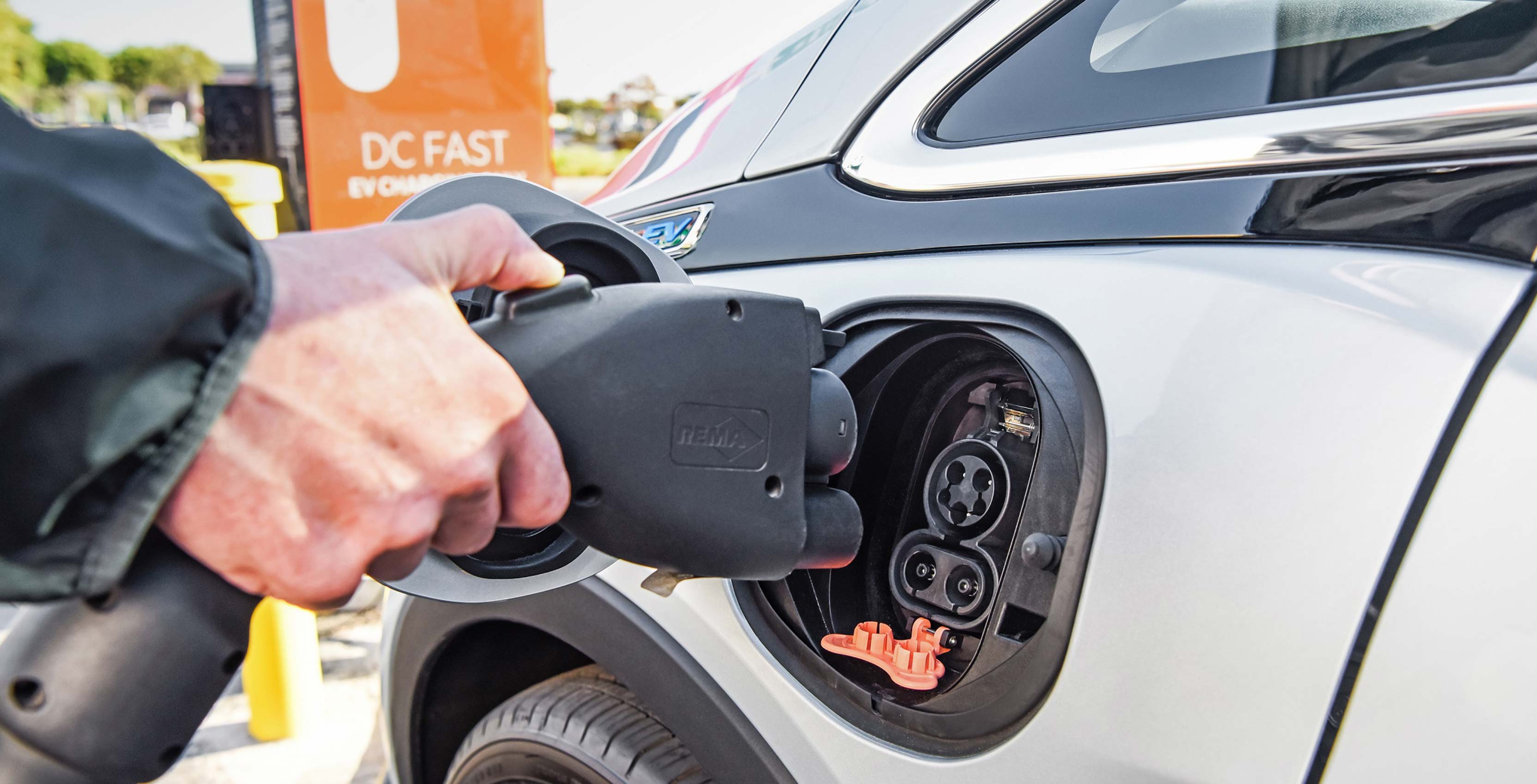
British Columbia’s cash rebates and incentive programs are helping to spur sales of electric and plug-in hybrid vehicles, with sales doubling in the first quarter of 2019.
The Vancouver Sun reports that about six percent of all vehicle sales in B.C., and 15 percent of passenger vehicles, were zero-emission, according to statistics from Clean Energy Canada.
While the numbers are impressive, the province’s goal of transitioning its 3.45 million registered vehicles from fossil fuels to electricity is still in the early stages. In 2018, the number of electric and hybrid vehicles registered in B.C. grew by just 10,500 according to figures from the Insurance Corporation of B.C.
B.C. wants 100 percent of passenger vehicles sold to be zero-emission by 2040, with goals of 10 percent by 2025 and 30 percent by 2030.
Further, the Vancouver Sun says that the 66,000 registered electric and hybrid vehicles represent about 1.9 percent of its total fleet, up from 1.55 percent in 2017. However, true zero-emission vehicles, like battery-powered electric vehicles, make up a fraction of that total.
Electric Mobility Canada said that Q1 2019 saw 2,718 EVs sold, bringing the total in the province up to 19,893.
Clean Energy Canada’s executive director Merran Smith told the Vancouver Sun that EVs are about 15 percent of passenger vehicle sales in B.C. “We are leading the country in EV sales per capita,” Smith said.
Smith expects sales to snowball as people realize the cost of operating an EV is 75 percent less than a conventional vehicle.
Rebates have a large influence on sales
The Vancouver Sun says that sales are noticeably influenced by a provincial grant managed by CEVforBC. Last year, it offered a $5,000 rebate to electric car buyers, who could combine it with a ‘SCRAP-IT’ rebate of $6,000 if they retired a gas or diesel vehicle at the same time.
After a new federal rebate program came online in June that offered $5,000 to those who purchased clean energy vehicles, the maximum CEVforBC rebate fell to $3,000.
CEVforBC disbursed over $70 million so far and still has $19.8 million in funding. The program issued 6,265 rebates in 2018, up from 1,781 in 2017. As of June 21st this year, when the disbursement rules changed, it had released another 4,695 rebates.
SCRAP-IT issued 1,494 incentive cheques this year but has since run out of money.
Currently, new vehicle buyers can apply for a $3,000 or $1,500 provincial rebate and a $5,000 federal rebate on select EV models.
Smith noted that Ontario, which dropped its rebate program, saw EV sales fall by half. Meanwhile, B.C. is seeing a 100 percent sales increase year over year.
Source: Vancouver Sun
MobileSyrup may earn a commission from purchases made via our links, which helps fund the journalism we provide free on our website. These links do not influence our editorial content. Support us here.


